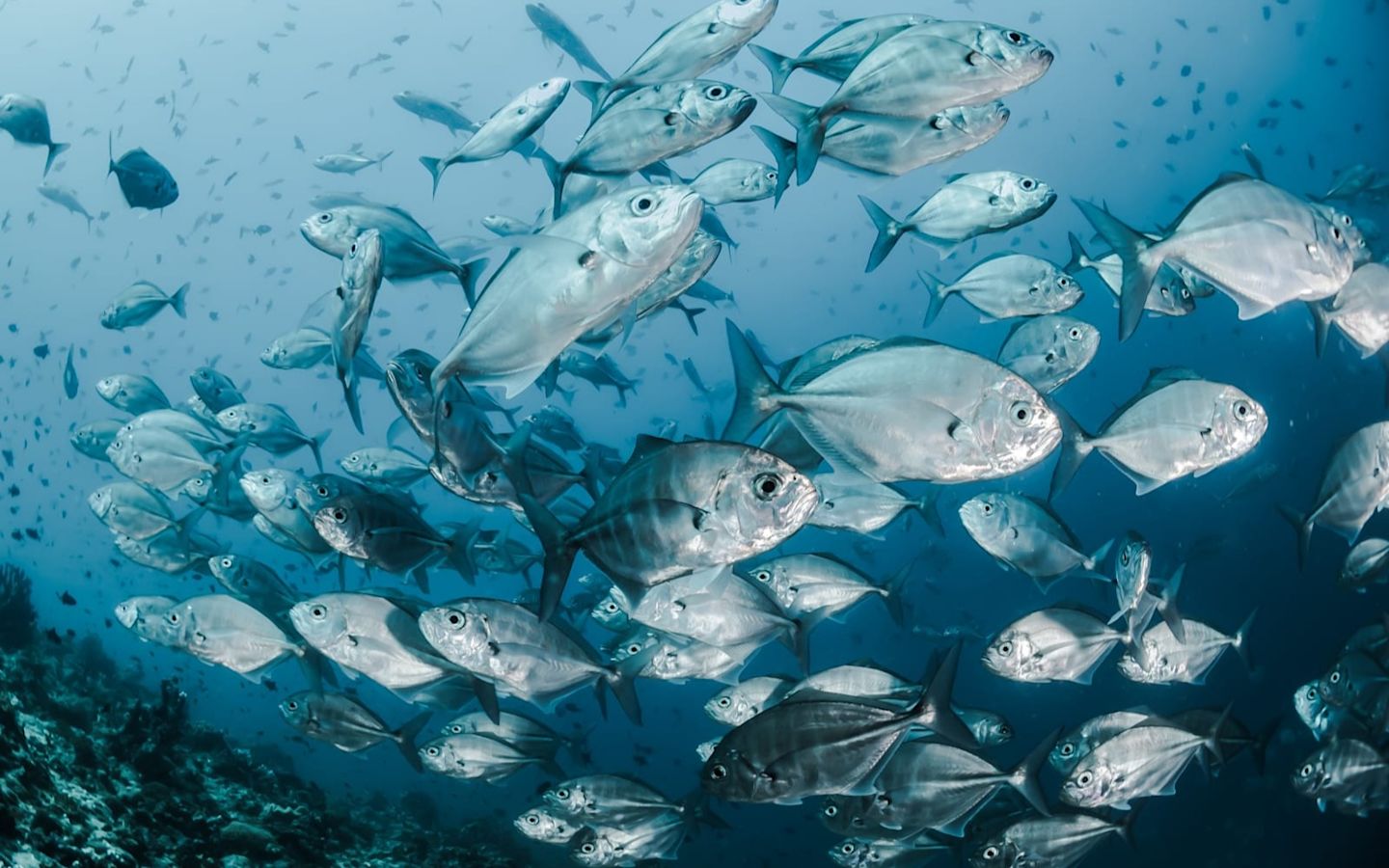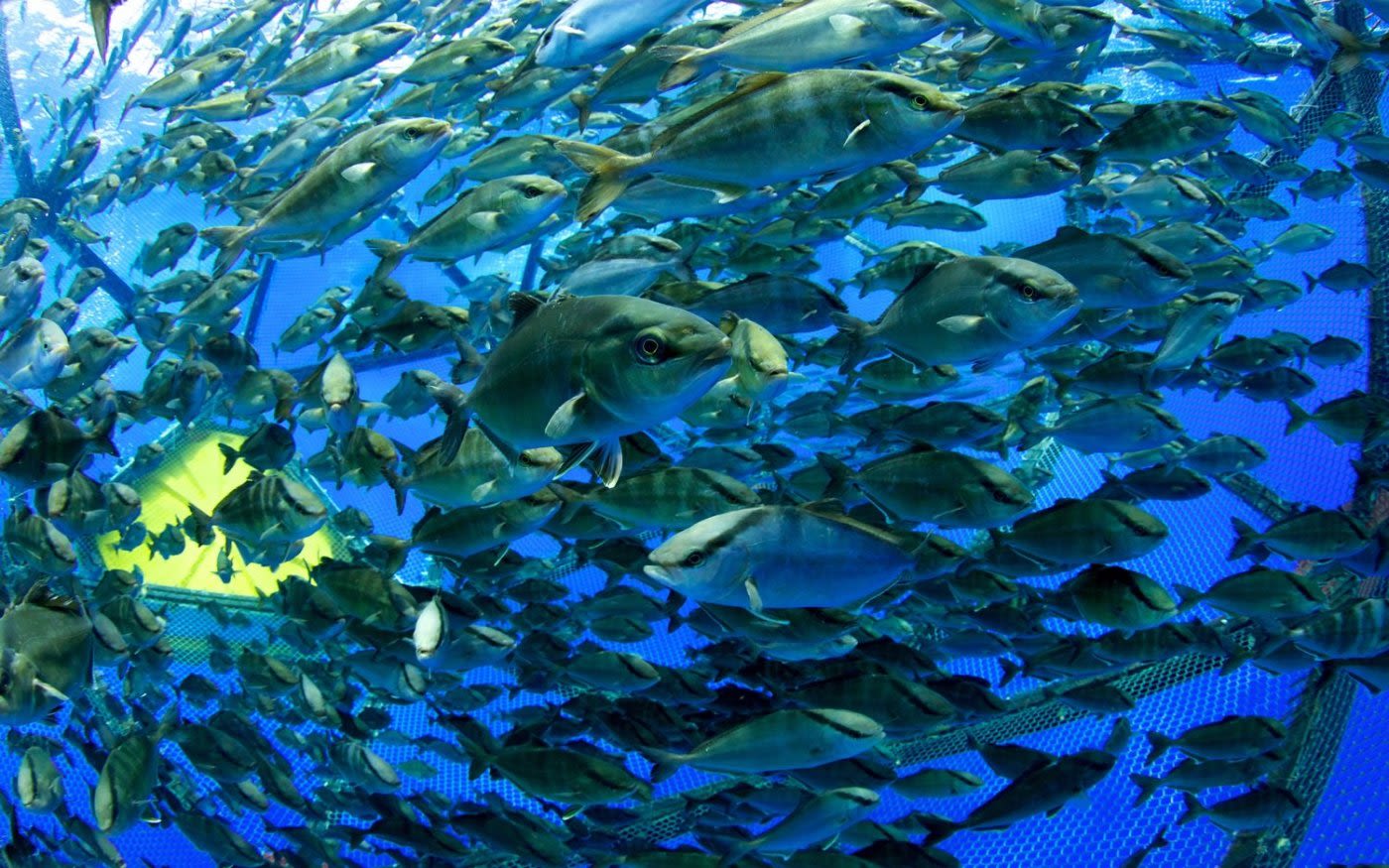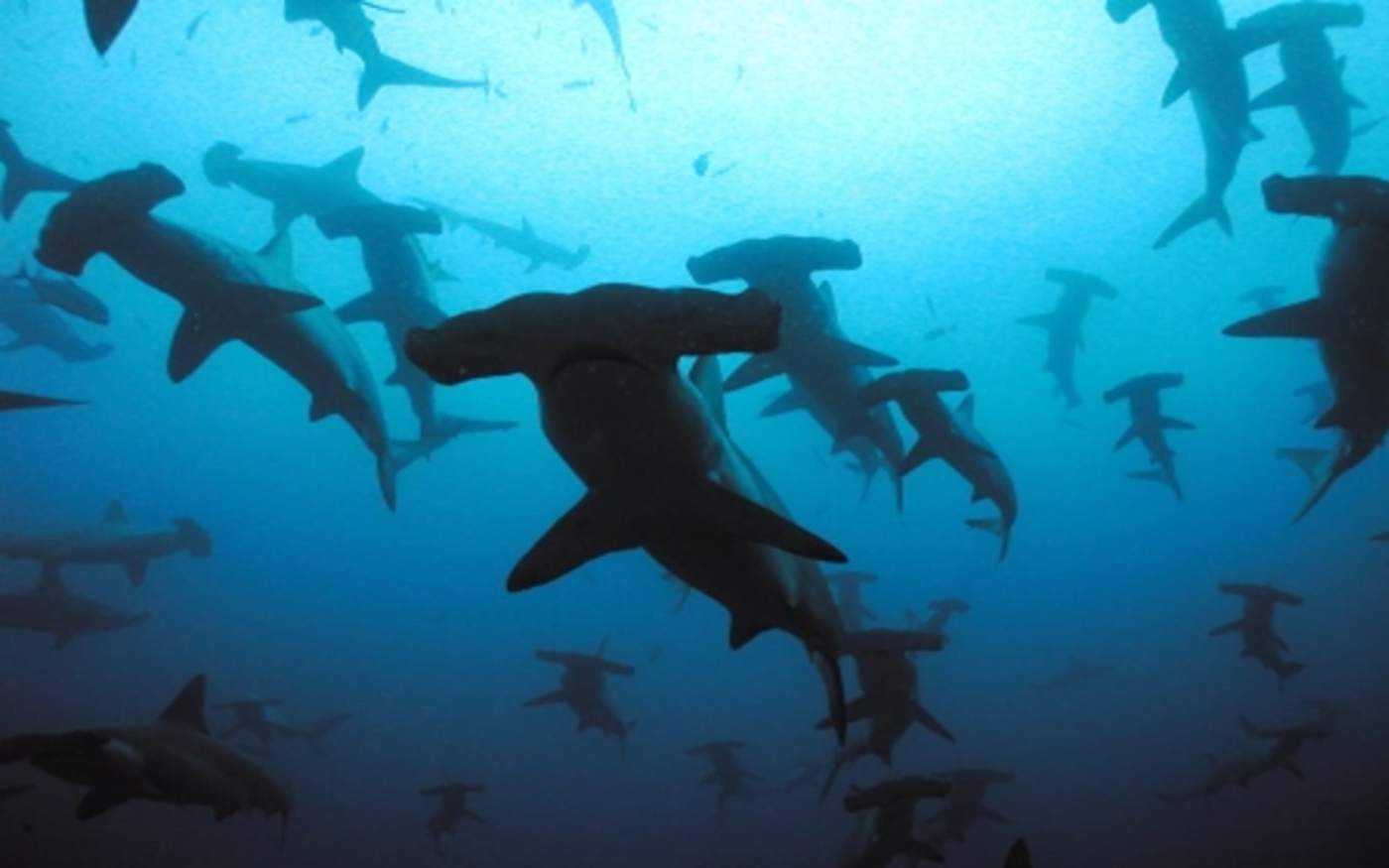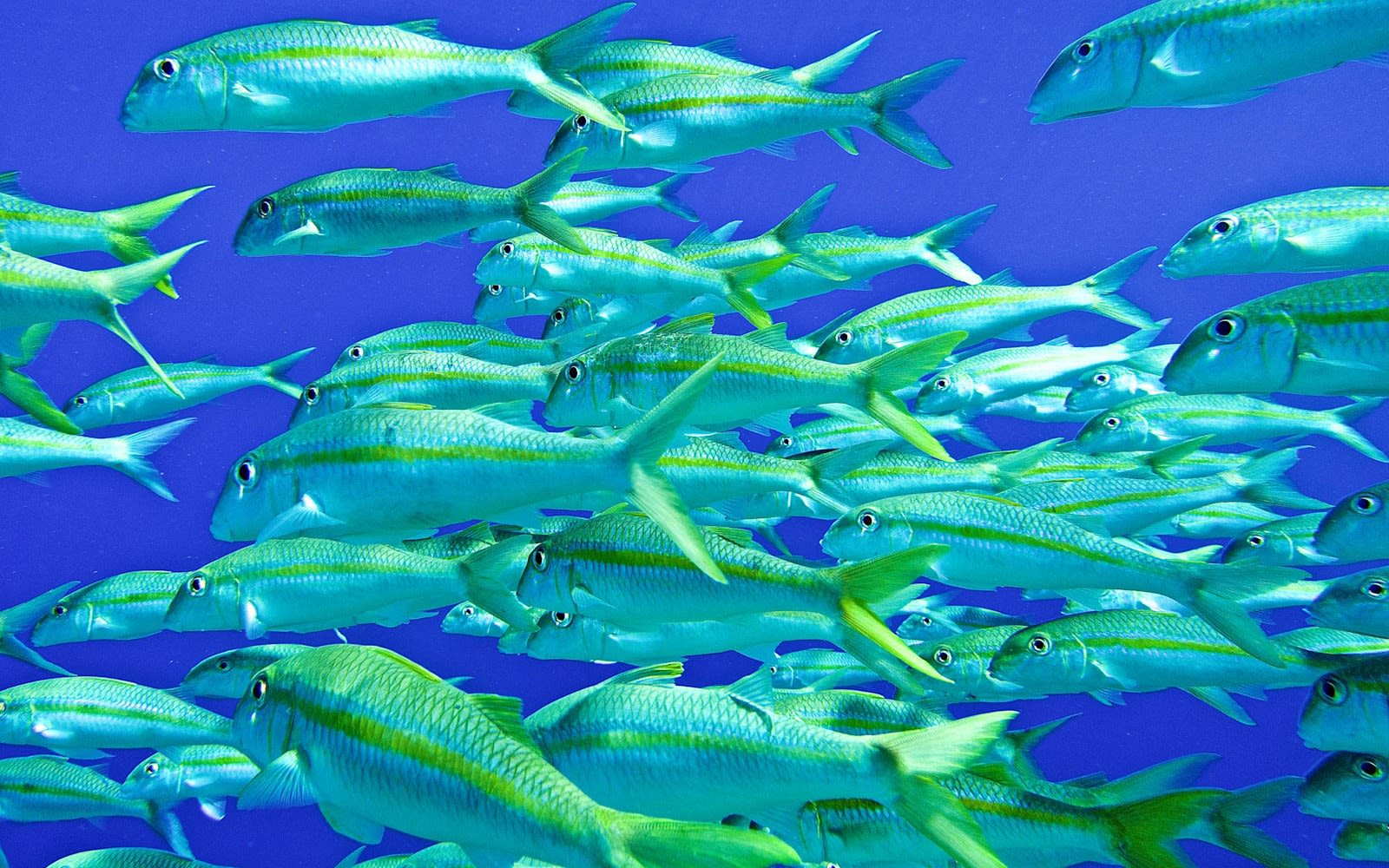Now is the time to protect the world’s high seas
The recent news that a vast fleet of some 260 mainly Chinese-flagged fishing vessels have been fishing on the very edge of the protected waters of the Galapagos Islands is alarming. While most people have linked this to the 2017 case of a Chinese ship illegally vacuuming up hundreds of tonnes of sharks and other forms of sea life, what is even more alarming is that apparently this fleet has been turning up every year for the past four years to fish for squid. And it isn’t the only place they turn up. The bright lights that they use to fish are so intense they can be seen by airline pilots flying nearby. And they have been spotted in the South Atlantic off the coast of Argentina as well as fishing near North Korea.
Governance over fisheries in the international waters known as the high seas (beyond the jurisdiction of any one country) is patchy. Some is regulated, some isn’t, and sometimes vessels like these take advantage of the lack of clear rules or monitoring to do a bit of fishing that they don’t fully report on. Sometimes what they do is patently illegal. In response to all the news, China announced that its squid fleet – the biggest in the world – cannot fish for squid between July and September in some international waters in the Atlantic and Pacific ocean. This is positive, but much more needs to be done.
Given the huge threats facing marine life around the world, we need to turn the tide. There are three things we can do in the next 12 months to make this happen. First, we need a new UN high seas biodiversity treaty. Second, we have to get rid of perverse fishing subsidies, and third, we need to deploy satellite technologies that can put eyes in the sky to detect and provide real-time information on what fishing vessels are doing.
Formal negotiations are underway at the UN to bring long-needed protections to the largely ungoverned areas of the ocean beyond national jurisdiction, called the high seas. This is the first time in over 25 years that the world’s governments have gathered to negotiate a treaty related to the ocean and the first focused on how to safeguard high seas marine life rather than exploit it. Sometimes called the “forgotten half” of our planet, the high seas are the biggest biosphere on Earth - comprising 70% of the ocean and almost 50% of our planet’s surface. Worryingly, only about 1% of the high seas are currently fully protected while scientists, advocates and several governments are pressing to strongly protect at least 30% of the ocean by 2030. This treaty is our only opportunity to drive transformative change for the ocean and all governments need to get behind it.
One of the targets in the UN’s Sustainable Development Goal 14 is to end perverse fisheries subsidies by 2020. We are now past 2020’s mid-year mark and countries are still debating what to do. Overcapacity – or too many boats chasing too few fish – of fishing fleets, fueled by perverse subsidies significantly adds to overfishing. An economic analysis in 2018 concluded that if fisheries subsidies were removed, and proper labour and human rights rules enforced, most high seas fishing wouldn’t be viable.
Roughly one in every five fish caught is stolen from the high seas, coastal communities and small-scale fishers by illegal fishers who use destructive gear or ignore catch limits, with little or no thought for the environmental impacts of their activities. The UN Office on Drugs and Crime has linked illegal fishing to drug smuggling, people trafficking and gun running. We need to turn the lights on and make it impossible for these fishing vessels to hide in the dark. To do this requires increased transparency within the fishing industry and by countries so that vessel data is made public and shared openly. It’s time to use new technology for good and work with the tech sector to enable cooperation and collaboration among authorities and help those who sell fish and seafood track it back to its source. This will help ensure that no laws are broken when it is caught, and that no fishing is taking place within marine reserves.
Just last week, Costa Rica joined countries like Indonesia and Panama, announcing a partnership with Global Fishing Watch to make all its vessel data available online through apublic map that tracks the movements of commercial fishing vessels from around the world in near-real time. Tony Long, Global Fishing Watch’s CEO and a former Commander in the Royal Navy put it best when he said: “As more countries embrace transparency in fishing operations, illegal fishers will have fewer places to plunder.”
Ecuador and all other countries should add their data to the mix so that the vast and precious places in our seas can no longer be used to hide terrible truths, but rather be safe havens regenerating marine life and helping feed the world.
PS: Like everyone else, I have been following the devastating impacts of the oil spill from the bulk carrier going from China to Brazil that ran aground on July 26th on the beautiful coral reefs of Mauritius. On August 6, oil began leaking from the vessel. It is estimated that the MV Wakashio was carrying 4,000 tonnes of oil - of which1,000 tonnes has already leaked into their lagoons. The volunteer response by ordinary Mauritians has been incredible. As a small tropical island with limited resources and volunteers, the country needs special equipment to remove the oil from our coasts and lagoons. The Mauritius Wildlife Foundation and Eco Sud, two local NGOs, are collecting and managing emergency relief funds.







